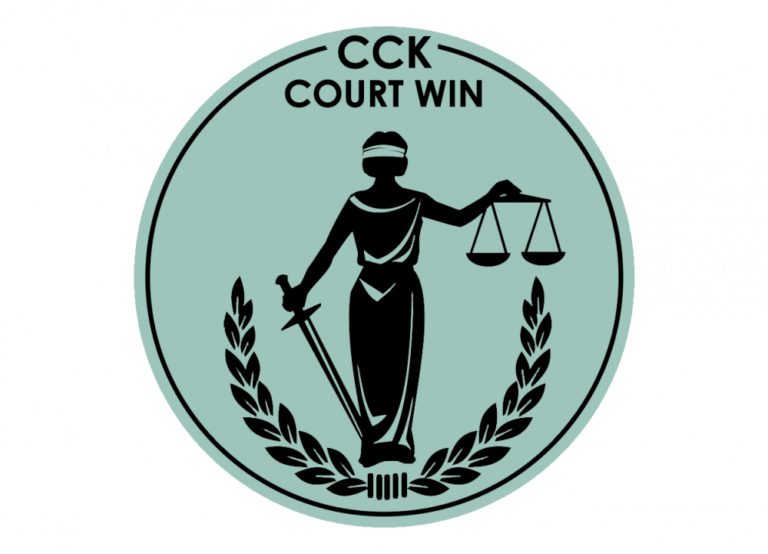Headaches denial didn’t fully evaluate evidence

CCK Law: Our Vital Role in Veterans Law
Summary
The Veteran served in the United States Air Force from 1965 to 1969. He initially filed a claim for compensation for his headaches in November of 2006. The VA granted service connection in January of 2008 back to the date of his claim in 2006 at 10%. In response, the Veteran filed an informal appeal for an increased rating for his headaches. The VA denied his appeal in December of 2009 and he filed an appeal to the Board of Veterans Appeals in February 2010. After another denial of an increased rating in March of 2010, the Board remanded the issue to obtain additional treatment records and perform a new VA exam. This exam revealed that the Veteran’s condition was worse than previously thought and the VA granted an increased rating to 40% in April 2012 back to August 2011.
Board denies an increased rating for headaches
The Veteran again requested that his rating be increased and his appeal was returned to the Board of Veterans’ Appeals. In April 2013, the Board once again remanded his case for additional treatment records and a new exam. After completing the requested development, the VA continued the denial of in August of 2014 and returned the appeal to the Board. In March 2016, the Board issued a new decision denying the Veteran an increased rating for his headaches.
CCK appeals to the Court
CCK successfully appealed to the Court of Appeals for Veterans Claims a Board decision that denied the Veteran entitlement to an increased rating for service-connected headaches. The Veteran suffered from temporary losses in vision, dizziness, and a lack of stamina due to his headaches. In its decision, the Board relied entirely on the opinion of the VA examiners. The Board stated the Veteran was not entitled to a rating in excess of 10% prior to 2011 because a VA examiner had described his symptoms as mild. The Board denied the Veteran a rating in excess of 40% after 2011 because it concluded there was no evidence his headaches produced “severe economic inadaptability.”
CAVC sets aside Board’s denial
CCK argued, and the Court agreed, that the Board erred when it failed to independently analyze the severity of the Veteran’s headaches and instead, adopted the conclusions of the VA examiners as its own. The Board also erred when it failed to address favorable evidence that indicated the Veteran’s headaches were more severe than his assigned ratings. These errors rendered the Board’s reasoning for denying the claim inadequate. The Court vacated the Board’s decision, and remanded the case for further development.
About the Author
Share this Post
